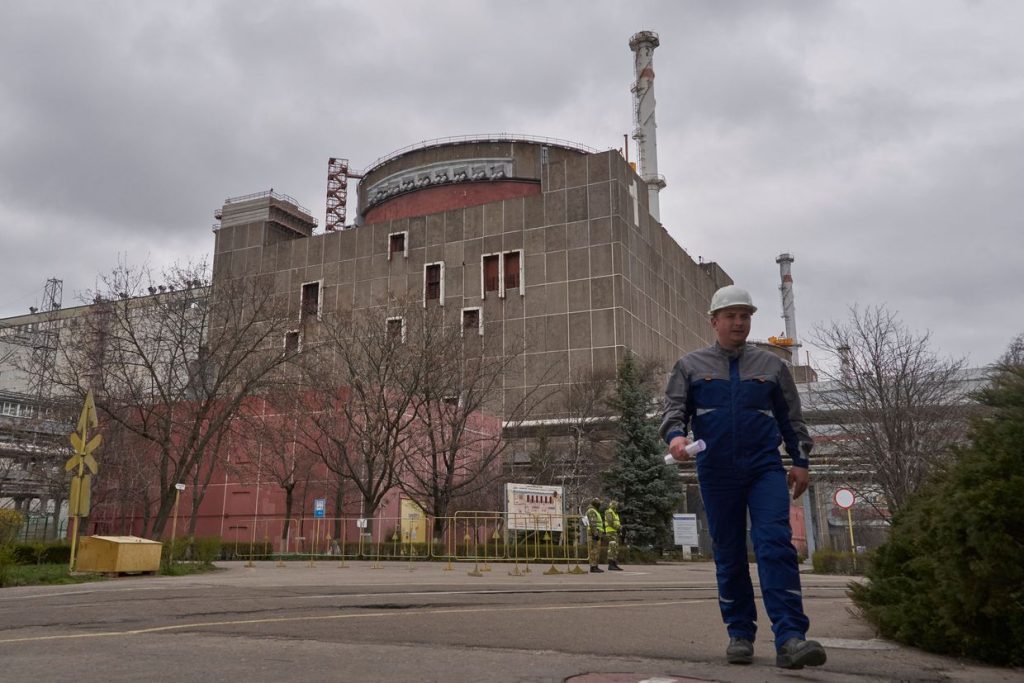Ukraine is facing its toughest winter since the start of the full-scale invasion by Russia. The country has already lost a significant portion of its electricity generation capacity due to Russian air strikes on power plants. Nuclear power is crucial for Ukraine, providing 60% of its power, and is now the prime target for Russian attacks. Without stable power, Ukrainians will face blackouts similar to those experienced in the summer, lasting up to eight hours a day. The UN’s refugee agency has warned of the humanitarian crisis that could arise from these blackouts, especially with the brutal winter temperatures.
Russian attacks on Ukraine’s nuclear infrastructure not only pose a risk of accidents but also threaten to cut off backup supplies of electricity, impacting the safety of reactors. The EU and the U.S. are providing support to bolster Ukraine’s energy sector, but stronger air defense is seen as the most tangible tool for ensuring energy security. As Ukraine scrambles to repair and protect its infrastructure, the costs of Russian attacks are mounting. DTEK, Ukraine’s largest private energy company, has already spent $80 million on repairs and calls for additional air-defense systems to be provided by Western allies.
With Ukraine running out of options and turning to importing electricity from European neighbors, winter power outages appear inevitable. The United Nations Human Rights Monitoring Mission expects blackouts to last between 4-18 hours a day, depending on attacks and weather conditions. Ukraine is working to recover its lost power generation capacity, with plans to rebuild damaged facilities and receive critical funding for rapid repairs. However, the scale of the damage is massive, and there is a shortage of skilled workers to handle the repairs.
As Ukraine races against time to strengthen its energy infrastructure for the winter, concerns about the potential for a nuclear disaster loom large. Russia’s targeting of Ukraine’s nuclear power plants raises the risk of a catastrophe not only for Ukraine but for all of Europe. Efforts are being made to reinforce the protection of nuclear facilities and international observers have been called in to ensure safety standards are enforced. However, the threat of Russian attacks on nuclear facilities remains, with the possibility of forcing evacuations if the situation becomes too dangerous. Despite the challenges ahead, Ukraine is adapting and preparing for a difficult future.
As NATO’s Secretary General warns of the tough winter ahead for Ukraine, the country continues to seek support and assistance to mitigate the impact of Russian attacks on its energy infrastructure. While the situation remains precarious, Ukraine is determined to weather the storm and emerge stronger. Support from allies and the international community will be crucial in ensuring Ukraine’s energy security and safeguarding against potential disasters. The resilience and determination of the Ukrainian people in the face of adversity serve as a testament to their strength and resolve.


